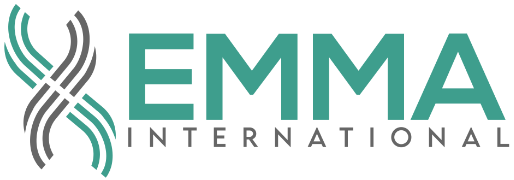The traditional clinical trial model is being reimagined. Driven by the need for more flexible, patient-centered research, decentralized clinical trials (DCTs) are rapidly gaining traction across the pharmaceutical and MedTech sectors. These trials use digital technologies, remote monitoring, and local healthcare providers to reduce or eliminate the need for participants to visit centralized study sites. While this model offers clear benefits—improved patient recruitment, broader geographic reach, and reduced trial dropout rates—it also brings new regulatory complexities that sponsors must proactively address.
Decentralized trials are not a new concept, but the COVID-19 pandemic significantly accelerated their adoption. Lockdowns and safety concerns forced regulators and sponsors alike to consider alternative methods for trial continuity. Regulatory bodies such as the U.S. Food and Drug Administration (FDA) and the European Medicines Agency (EMA) responded by issuing temporary guidance that endorsed the use of remote tools, electronic informed consent, and virtual visits. Today, that temporary guidance is evolving into more formal frameworks, indicating that decentralized trials are here to stay.
However, regulatory expectations remain fluid. Agencies require that DCT components, such as digital endpoints, telemedicine interactions, and home delivery of investigational products, meet the same standards for data integrity, patient safety, and ethical oversight as traditional trials. This means that companies must develop thorough protocols that clearly define the use of digital tools, outline contingency plans for data loss or tech failures, and establish transparent communication with Institutional Review Boards (IRBs) and ethics committees.
One of the most pressing challenges is data security and privacy. As DCTs depend heavily on electronic systems and remote data collection, sponsors must ensure their technologies are compliant with data protection laws such as HIPAA and GDPR. Robust cybersecurity measures, end-to-end encryption, and audit-ready data trails are not just best practices—they’re regulatory requirements. Additionally, clear documentation of how remote data is monitored, verified, and integrated into the trial master file is critical for inspection readiness.
At EMMA International, we understand the regulatory and operational nuances of decentralized clinical trials. Our team assists sponsors in designing DCT-compliant protocols, vetting digital tools, and preparing for regulatory submissions that include virtual components. Whether you’re running a fully decentralized trial or using a hybrid model, we ensure your approach is aligned with current FDA and EMA expectations—while keeping patient experience at the forefront.
The shift toward decentralized clinical research represents a major evolution in how new therapies are developed and evaluated. For companies willing to embrace this change, the rewards are significant—but success depends on getting the regulatory groundwork right. EMMA International offers the expertise and strategy you need to build compliant, patient-friendly trials that are ready for the future of research.
To explore how your organization can implement decentralized clinical trials with regulatory confidence, reach out to EMMA International at 248-987-4497 or email info@emmainternational.com.
References
[1] U.S. Food and Drug Administration (FDA) (2023). Digital Health Technologies for Remote Data Acquisition in Clinical Investigations. Retrieved on 23 March 2025 from: https://www.fda.gov/media/155022/download
[2] European Medicines Agency (EMA) (2023). Guidance on Decentralized Elements in Clinical Trials. Retrieved on 23 March 2025 from: https://www.ema.europa.eu/en/human-regulatory
[3] Clinical Trials Transformation Initiative (CTTI) (2024). Decentralized Clinical Trials Best Practices. Retrieved on 23 March 2025 from: https://www.ctti-clinicaltrials.org






